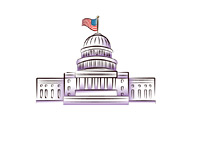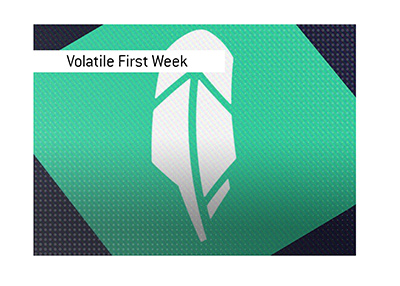Portfolios of US Senators Found to Significantly Outperform the Markets Over Time
 It surprises many people to find out that the insider trading laws that apply to Joe and Jill Average don’t apply to members of Congress.
It surprises many people to find out that the insider trading laws that apply to Joe and Jill Average don’t apply to members of Congress. According to Robert Khuzami, Enforcement Division Director at the Securities and Exchange Commission, members of Congress aren’t explicitly exempt from insider trading laws, but “no court has expressly held” that they have “a duty not to exploit nonpublic information for personal benefit.”
This gray area has led to a number of questionable transactions taking place. Most specifically, the transactions that Financial Services Committee Chairman Spencer Bachus executed during the height of the financial meltdown in 2008 have come under particular scrutiny. A “60 Minutes” piece that aired in late 2011 brought attention to the issue, with several members of Congress now pushing for legislation that would make it expressly illegal for Members of Congress to trade on non-public information.
--
A couple of studies have shown how the advantage that Members of Congress enjoy helps to pad their portfolio gains.
A study authored by Professor Alan Ziobrowski of the Robinson College of Business at George State University showed that US senators outperformed the markets by an average of 12% per year between 1994 and 1998. That’s the type of performance that would make Warren Buffett proud.
According to Ziobrowski, “the results clearly support the notion that members of the Senate trade with a substantial informational advantage over ordinary investors.”
Other studies have shown the same thing - Members of Congress enjoy a significant advantage over the returns of both the markets and the portfolios of the general population.
Source: Abnormal Returns From the Common Stock Investments of Members of the U.S. House of Representatives
Filed under: General Market News



